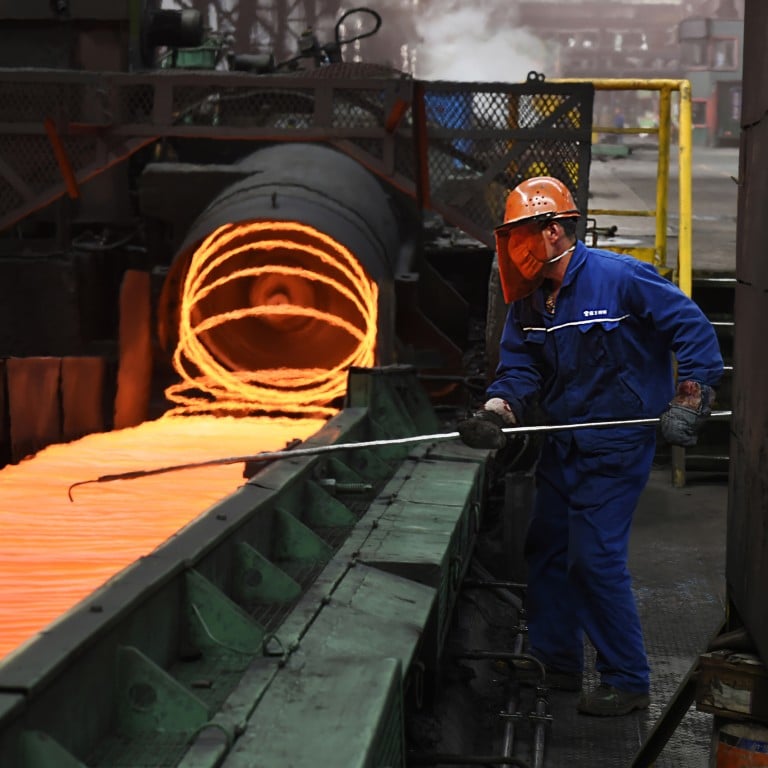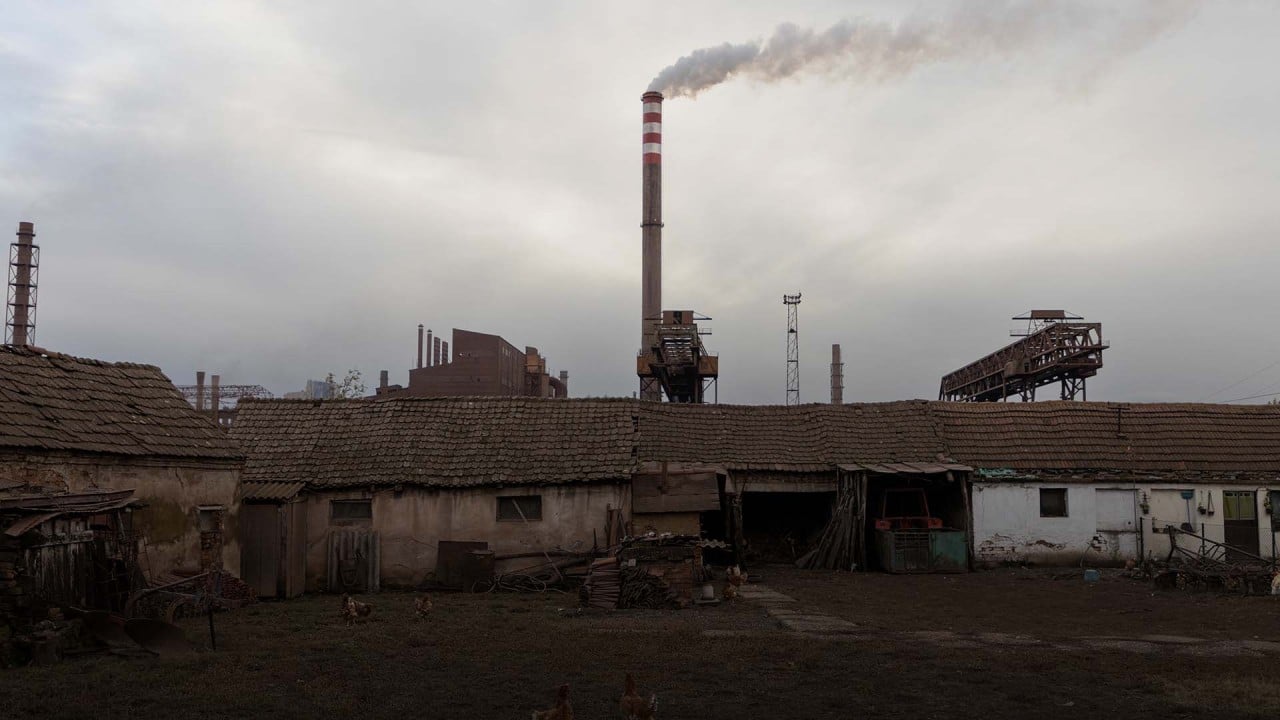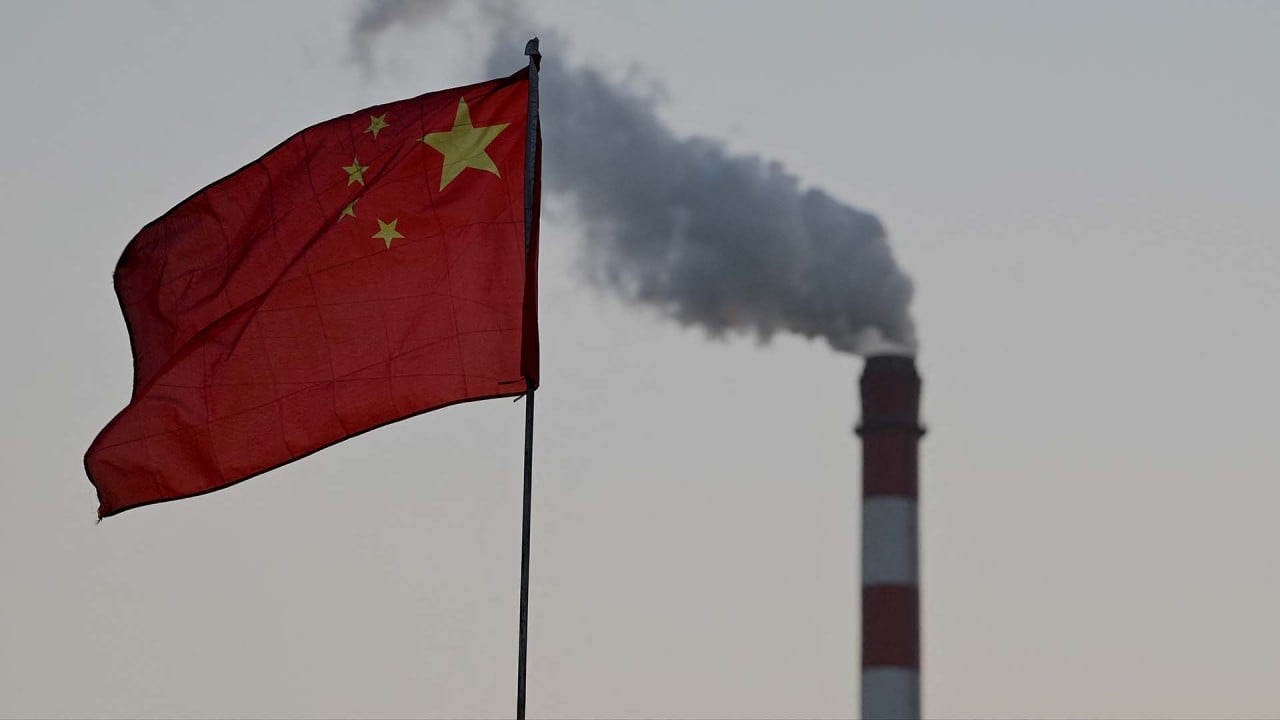
US-EU press on with plan to tackle ‘dirty’ Chinese steel flooding markets
- Senior US trade officials have doubled down on criticism of excess steel from China as the phase one deal nears expiry
- US will begin negotiations with the EU to create ‘world’s first carbon-based sectoral agreement’ on steel and aluminium
In an op-ed published on Sunday in the Pittsburgh Post-Gazette, US Trade Representative Katherine Tai and Secretary of Commerce Gina Raimondo took aim at cheap Chinese metals flooding global markets, lowering prices for American manufacturers and leading to the loss of 16,000 steel jobs in the US between January 2015 and October 2016.
To tackle the problem, the United States will begin negotiations with the EU to create “the world’s first carbon-based sectoral agreement on steel and aluminium trade.”
“The United States produces some of the cleanest steel in the world, while China produces some of the dirtiest,” they said.
China, by far the world’s single biggest producer of both steel and aluminium, has long been accused of pumping cheap – and often subsidised – metal products into global markets.
Coal is driving growth, but how will China achieve its climate goal?
Still, China’s industrial subsidies and the environmental impact of trade are expected to be at the centre of a potential second phase of trade talks.
“China will actively and openly participate in negotiations on the digital economy, trade and environment, industrial subsidies, state-owned enterprises and other issues,” Wang Wentao, China’s commerce minister, wrote in an article published by the party-run People’s Day on November 18.
Vice commerce minister Wang Shouwen said last month it was the supply-demand imbalance caused by the 2008 global financial crisis that led to previous steel overcapacity.
“China has made great efforts and paid a huge price to resolve steel overcapacity,” he said at a press conference on October 28.
“In fact, China has made the greatest efforts and achieved the best results in eliminating excess capacity among all relevant countries.”
China’s crude steel output in October was 71.58 million tonnes, down 23.3 per cent from a year earlier, according to the National Bureau of Statistics. Average daily output last month was 2.309 million tonnes, down 6.1 per cent from a month earlier.
An excess of subsidised steel and aluminium from China made it impossible for US industries to compete
Customs data also showed that China last month exported 4.497 million tonnes of steel, up 11.3 per cent from a year earlier, but down 8.6 per cent from the previous month, after introducing new policies to curb steel exports earlier this year.
In the piece on Sunday, Tai and Raimondo said the US economy and environment had suffered from a deluge of dirty steel from China.
“An excess of subsidised steel and aluminium from China made it impossible for US industries to compete, and American workers paid the price,” they said.
“And all of us also paid the price because the production of Chinese steel – some of the world’s dirtiest – pumped tons of carbon into the atmosphere.”



